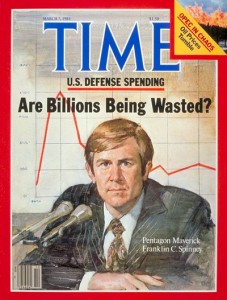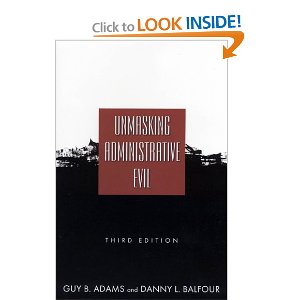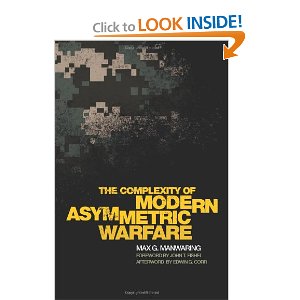
Below is a BBC report of and Israeli “calorie” study drafted in support of Israel blockade policies for Gaza. To Israel's credit, an Israeli human rights group forced the release of this report, but it does nevertheless raise a question: What kind of government would authorize work on such a methodical report on this subject in the first place?
“In her reporting of the Eichmann trial for The New Yorker, which evolved into Eichmann in Jerusalem: A Report on the Banality of Evil (1963), Hannah Arendt coined the phrase “the banality of evil” to describe Eichmann. She raised the question of whether evil is radical or simply a function of thoughtlessness, a tendency of ordinary people to obey orders and conform to mass opinion without a critical evaluation of the consequences of their actions and inaction.” (wikipedia)
Read the calorie study (Israeli study of Gaza food consumption to support blockade policy) as well BBC report below, and ask yourself how would you behave if someone was even thinking about doing this to you. Would you fight back with any weapons at your disposal or meekly submit?
Israel forced to release study on Gaza blockade
An Israeli court has forced the release of government research detailing the number of calories Palestinians in Gaza need to consume to avoid malnutrition.
The study was commissioned after Israel tightened its blockade of the territory after Hamas came to power in June 2007.
. . . . . . .
‘Daily humanitarian portion'
The Israeli human rights group Gisha, which campaigns against Israel's Gaza blockade, fought a long legal battle to get the Israeli ministry of defence to release this document.
Dated from 2008 and entitled, Food Consumption in the Gaza Strip – The Red Lines, it is a detailed study of how many calories Palestinians needed to eat to avoid malnutrition.
“How can Israel claim that it is not responsible for civilian life in Gaza – when it controls even the type and quantity of food that Palestinian residents of Gaza are permitted to consume?”
Continue reading “Chuck Spinney: Israeli Micro-Management of Gaza Malnutrition”







